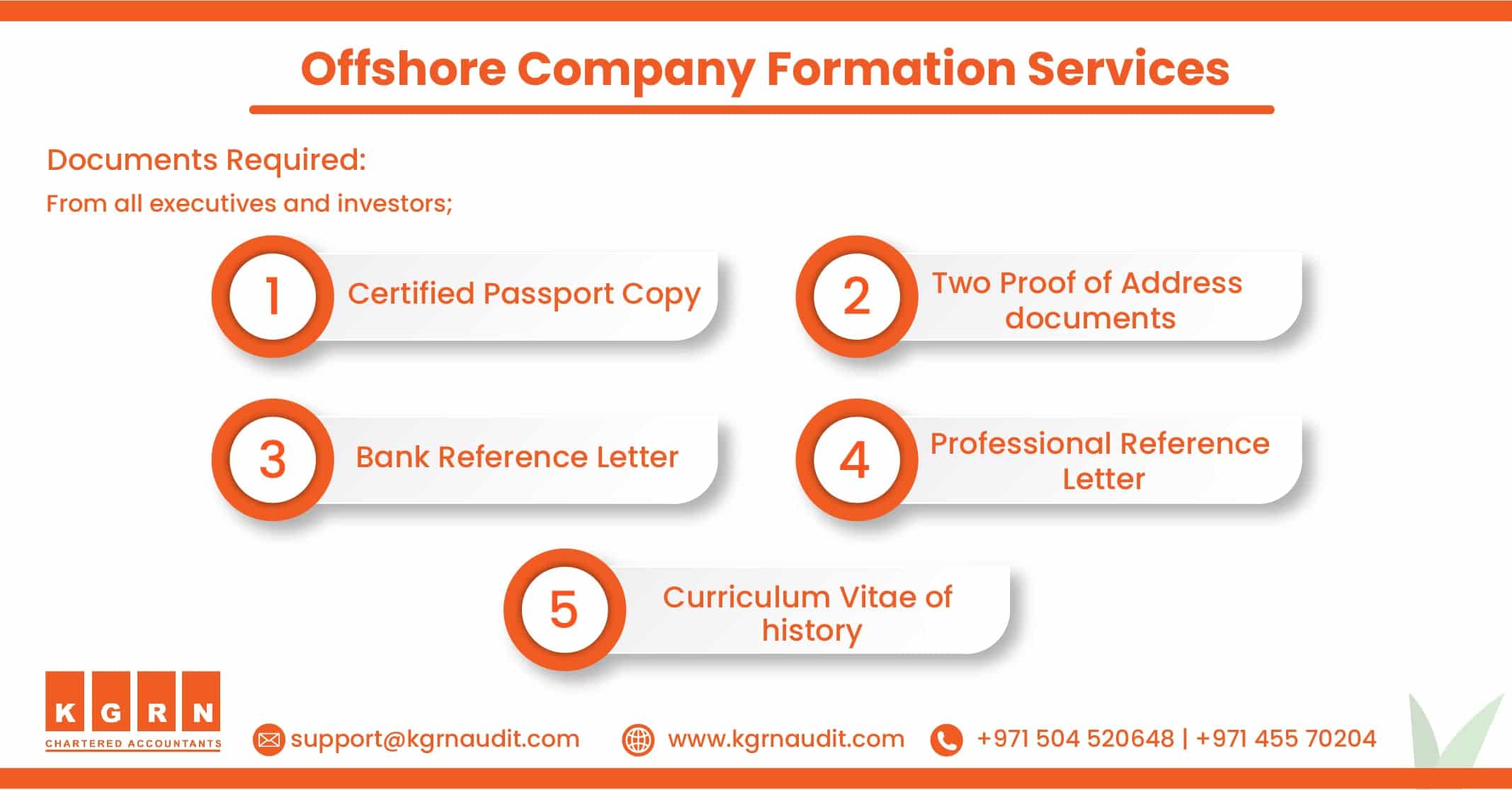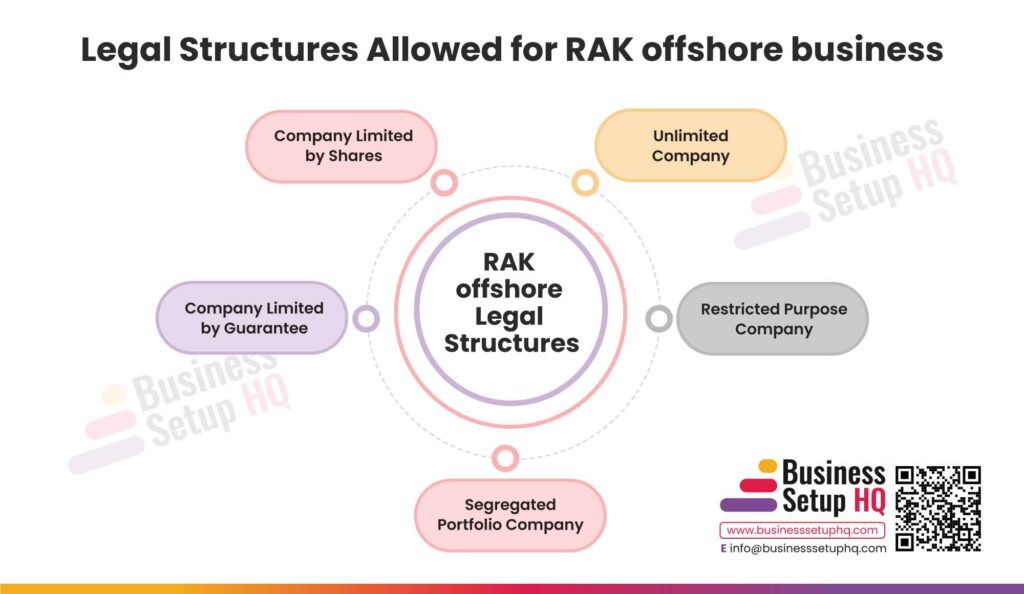Professional Guidance on Offshore Company Formation for Financial Security
Navigating the World of International Organization: Insights on Offshore Company Formation
Offshore Company Formation offers a calculated avenue for global service operations. It supplies significant benefits, such as tax obligation optimization and enhanced privacy. The process is not without its obstacles. Recognizing the intricacies of governing requirements and different jurisdictions is important. As organizations consider these options, the steps included can greatly impact their long-term success. What are the key factors that can bring about reliable overseas administration?
Understanding Offshore Business: Interpretation and Function
Offshore firms have actually come to be a prime focus in global business discussions as a result of their unique legal and monetary frameworks. These entities are established in jurisdictions outside of the owner's nation of house, often with beneficial regulative atmospheres. Normally, offshore companies offer various functions, such as possession security, tax optimization, and enhanced personal privacy. They can run in numerous fields consisting of money, technology, and profession, supplying versatility for international operations.The defining characteristic of an offshore Company is its capacity to perform company internationally while benefiting from reduced tax obligation liabilities and regulative problems. This framework interest business owners and financiers seeking to diversify their portfolios and manage threats properly. Furthermore, lots of offshore jurisdictions offer motivations to draw in international financial investment, resulting in a boost in the Formation of these firms. Understanding the interpretation and objective of overseas business is necessary for maneuvering through the complexities of worldwide commerce and resources flow.
Trick Advantages of Offshore Company Formation
The Formation of an overseas Company supplies numerous engaging advantages that bring in investors and entrepreneurs alike. Among the primary advantages is tax obligation optimization; many territories supply favorable tax obligation rates or exemptions, enabling organizations to maximize revenues. Furthermore, offshore business often delight in better privacy, as lots of jurisdictions have stringent personal privacy legislations protecting the identifications of Company proprietors and shareholders.Another considerable advantage is possession security. Offshore entities can safeguard assets from political instability and economic slumps in the proprietor's home nation. These companies can promote international profession, giving easy access to worldwide markets and streamlining cross-border transactions.The adaptability in corporate structure also charms to company owners, as overseas companies can be tailored to meet particular operational demands. On the whole, the calculated Formation of an overseas Company can bring about enhanced monetary safety, functional efficiency, and a durable worldwide existence.

Common Obstacles in Developing Offshore Entities
Establishing overseas entities presents numerous difficulties that services must browse. Trick problems consist of governing compliance, which can vary significantly throughout jurisdictions, and the effect of cultural distinctions on operations. Furthermore, companies must think about the costs and risks connected with maintaining an overseas presence, which can affect total viability.
Regulative Conformity Issues
When they look for to establish offshore entities, maneuvering regulatory conformity problems poses significant difficulties for organizations. Each jurisdiction has its own set of policies and laws, which can vary widely and might be tough to browse. Firms usually deal with obstacles relevant to tax compliance, anti-money laundering laws, and reporting demands. In addition, adjustments in global tax laws can produce uncertainty, making it important for companies to remain upgraded on compliance obligations. Failure to abide by these laws can result in extreme fines, including fines and reputational damages. As a result, comprehending the lawful framework and involving with local experts is necessary for effective offshore operations, making certain that companies can operate within the boundaries of the legislation while optimizing their global technique.
Social Differences Impact

Expense Factors To Consider and Risks
Guiding via the financial landscape of offshore entity Formation presents different price factors to consider and integral threats. Initial arrangement prices usually include lawful charges, registration costs, and compliance fees, which can accumulate considerably. Furthermore, recurring upkeep expenses such as yearly charges and bookkeeping services should be factored in. Additionally, rising and fall governing environments in various jurisdictions present risks, potentially resulting in unforeseen costs or lawful complications. Services might additionally come across difficulties associated with tax, banking, and reputational issues, which can influence profitability and operational efficiency. Prospective business owners have to conduct thorough due persistance and economic forecasting to mitigate these risks and guarantee lasting development. Recognizing these price considerations is crucial for successful offshore service endeavors.
Steps to Establish an Offshore Company
Developing an offshore Company entails a number of vital actions that call for cautious factor to consider. Secret variables include making certain and choosing the suitable jurisdiction conformity with regional laws, along with collecting necessary documentation. Comprehending these aspects is necessary for a successful overseas company setup.
Choosing the Right Territory
Selecting the best territory is crucial for anyone aiming to establish an offshore Company, as it can considerably influence business's lawful commitments, tax obligations, and functional ease. Various elements should be thought about, consisting of the political security, regulatory setting, and tax obligation motivations used by prospective jurisdictions. Popular options often consist of countries with beneficial tax obligation programs, such as the British Virgin Islands or Cayman Islands, due to their low or no tax obligation prices. In addition, the convenience of operating and the online reputation of the territory can influence financier self-confidence and market accessibility. Inevitably, an educated choice based upon comprehensive research will ensure the offshore Company is placed for long-lasting success and conformity with global criteria.
Called For Paperwork and Conformity
When establishing an offshore Company, recognizing the required documentation and conformity needs is important to guarantee a smooth process. Secret documents normally include a certificate of consolidation, a memorandum and short articles of organization, and evidence of website identification for shareholders and directors. Some jurisdictions may require added info, such as service plans or financial institution recommendations. Compliance with local legislations is crucial, which frequently includes appointing a signed up agent and preserving an authorized workplace. Routine coverage and adherence to tax obligation commitments have to also be taken into consideration. Failing to abide by these demands can bring about penalties or even dissolution of the Company. Comprehensive prep work and assessment with legal specialists can help browse these complexities efficiently.
Choosing the Right Territory for Your Offshore Company
How can one identify one of the most appropriate territory for an offshore Company? Choosing the right territory needs cautious consideration of several aspects. First, the legal and tax obligation environment plays a crucial duty; territories with beneficial tax regimes may improve service profitability. Furthermore, the political stability and financial environment of an area can influence long-term company viability.Another vital element is the availability of financial services and financial framework, which assist in smooth operations. Potential organization proprietors ought to likewise take into consideration the convenience of working, consisting of the rate of registration and the clarity of regulations.Furthermore, language obstacles and cultural distinctions can impact procedures; consequently, straightening with a jurisdiction that lines up with company objectives and personal convenience is necessary. Inevitably, detailed study and expert guidance can lead business owners in making an informed choice that lines up with their tactical purposes.
Conformity and Regulative Factors To Consider

Best Practices for Handling an Offshore Organization
Managing an offshore business requires strategic planning and careful execution to enhance performance and mitigate risks. First, developing a durable conformity framework is vital to navigate varying guidelines throughout jurisdictions. Regular audits and risk evaluations aid recognize prospective vulnerabilities.Moreover, leveraging neighborhood know-how via partnerships with regional professionals can enhance functional effectiveness and cultural understanding. Utilizing innovation, such as cloud-based administration systems, simplifies interaction and information administration, making it possible for far better decision-making. In addition, preserving transparent monetary records and ensuring timely tax obligation filings are crucial to support the Company's honesty. Purchasing team training and growth fosters a knowledgeable labor force, promoting innovation and adaptability.Finally, establishing clear efficiency metrics and key performance indicators (KPIs) aids evaluate organization development and inform strategic modifications. By sticking to these best practices, firms can successfully manage their offshore operations, making certain long-lasting success and sustainability in an affordable worldwide marketplace.
Often Asked Inquiries
What Is the Expense of Creating an Offshore Company?
The expense of creating an overseas Company varies widely depending upon jurisdiction, lawful needs, and services needed. Commonly, costs can vary from a couple of hundred to several thousand bucks, including enrollment, compliance, and yearly fees.
The length of time Does It Require To Develop an Offshore Entity?
The time required to establish an offshore entity varies considerably, typically varying from a few days to a number of weeks (offshore company formation). Elements influencing this period consist of jurisdiction, needed documents, and the efficiency of the service supplier included
Can Individuals Form Offshore Companies Without a Service Partner?
Individuals can undoubtedly create overseas firms without a service companion. Several jurisdictions enable single-member entities, empowering business owners to develop and handle their businesses separately, while still gaining from prospective tax obligation benefits and lawful defenses.
Exist Any Tax Advantages for Foreign Investors?

What Type of Companies Commonly Make Use Of Offshore Business?
Offshore companies are regularly used by various markets, consisting of e-commerce, finance, and modern technology. These entities commonly serve functions such as possession defense, tax obligation optimization, and personal privacy, interesting both multinational firms and private entrepreneurs. Offshore firms have actually become a focal point in international company discussions due to their unique lawful and economic frameworks. They can operate in numerous fields consisting of innovation, trade, and money, giving adaptability for worldwide operations.The specifying characteristic of an offshore Company is its capability to carry out company globally while benefiting from minimized tax liabilities and regulatory burdens. Additionally, offshore firms often delight in higher privacy, as several territories have rigid personal privacy legislations protecting the identities of Company proprietors and shareholders.Another considerable advantage is possession security. These companies can facilitate international trade, giving very easy accessibility to worldwide markets and streamlining cross-border transactions.The flexibility in business structure also appeals to business owners, as overseas business can be customized to meet certain functional requirements. Selecting the right jurisdiction is vital for anyone looking to establish up an overseas Company, as it can greatly affect the company's legal commitments, tax obligation responsibilities, and functional ease.